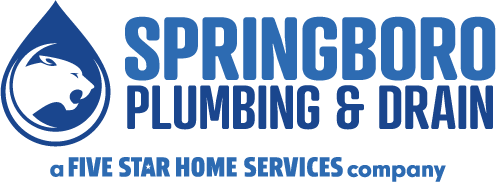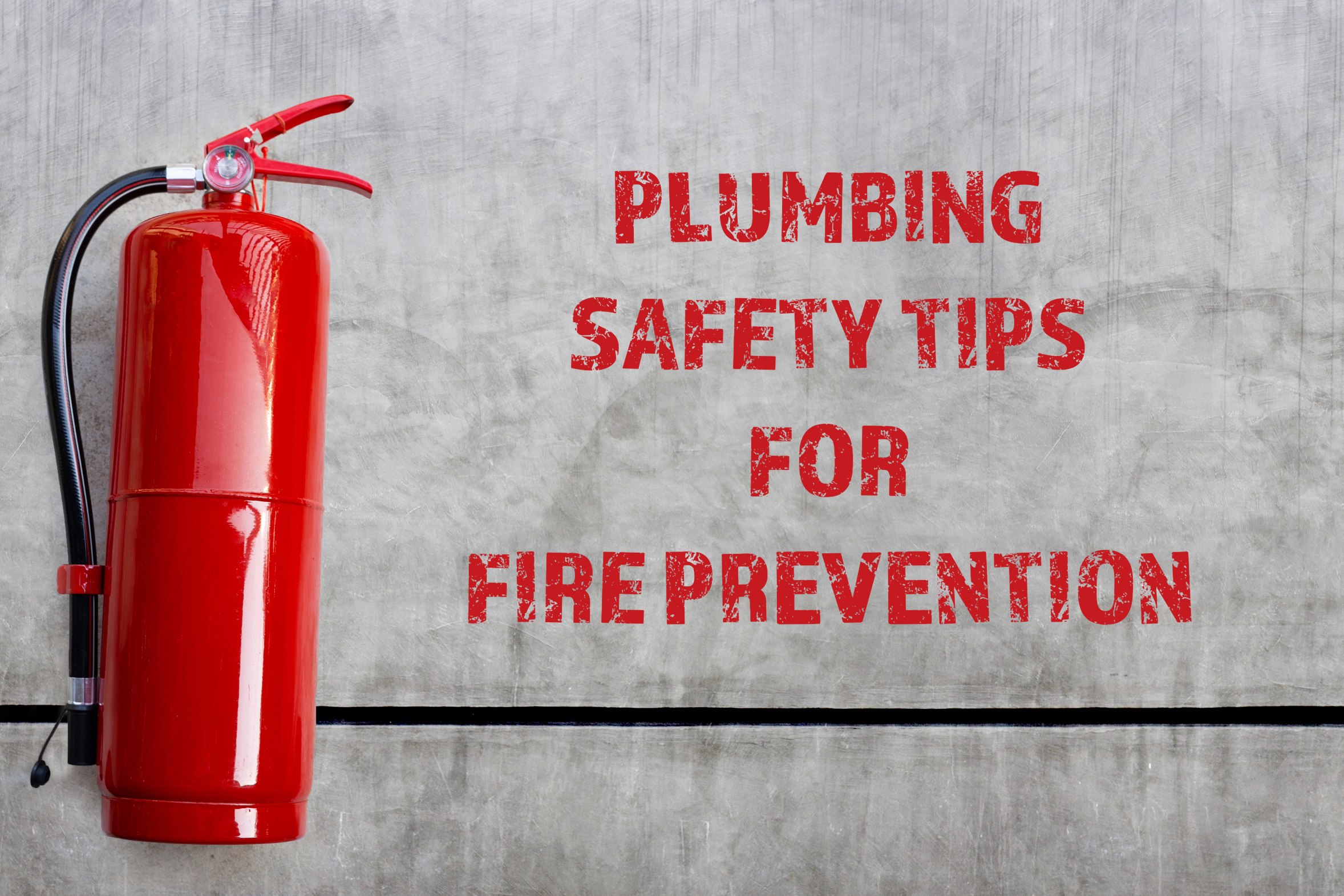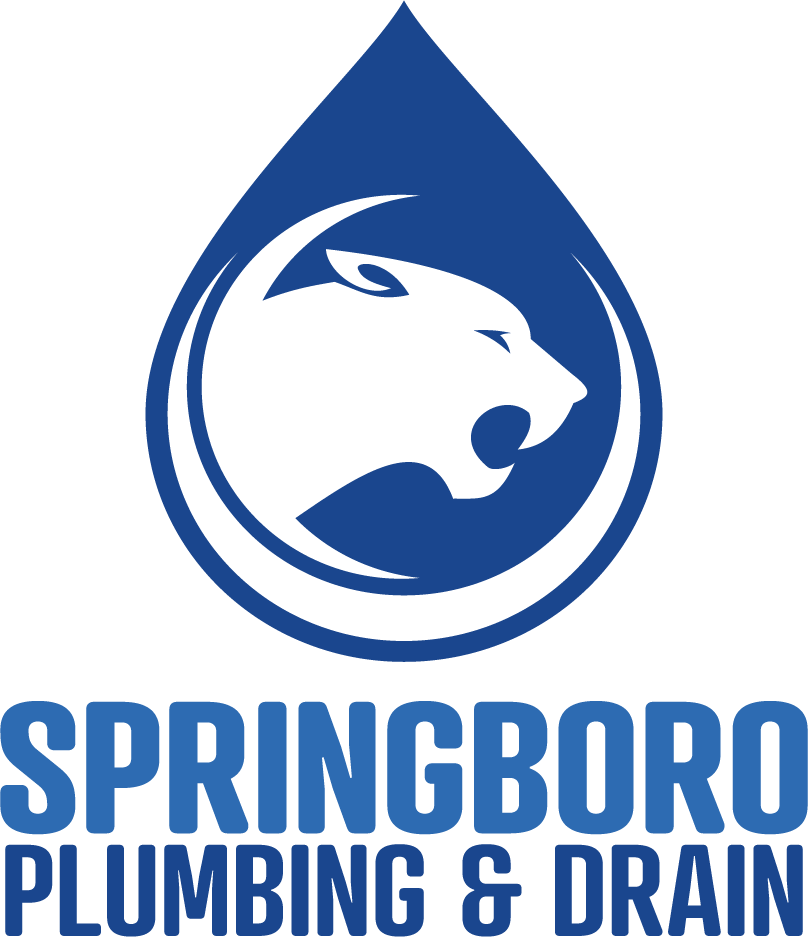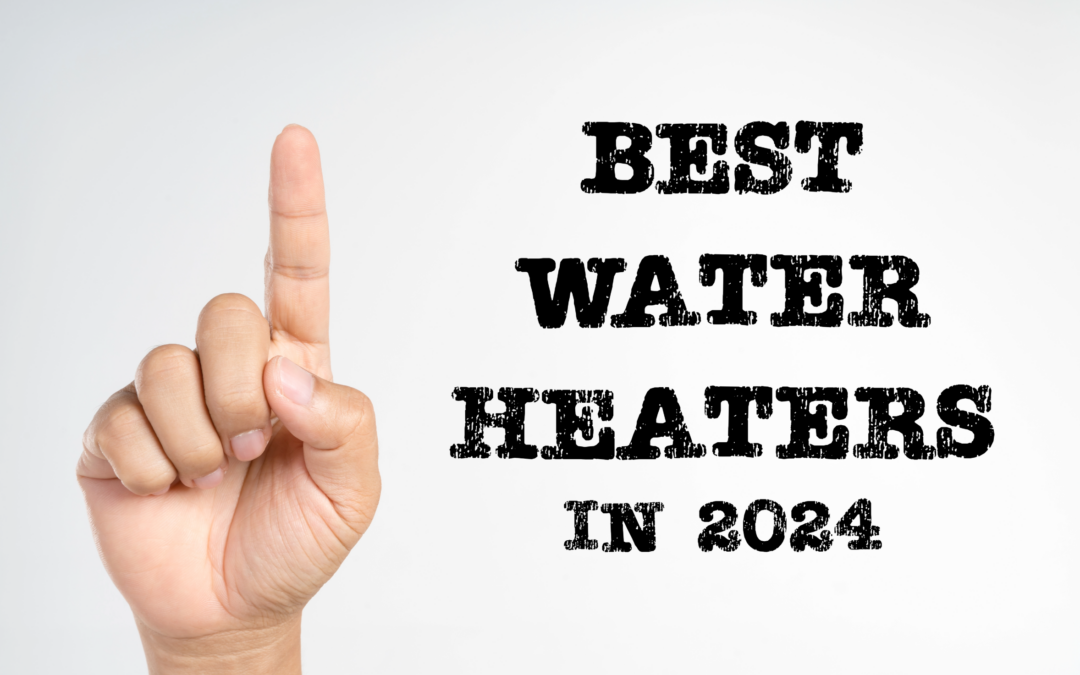Did you know that October is Fire Prevention Month? It’s a month set aside to raise awareness and take action to prevent fires. Originally, it started as National Fire Prevention Week in 1922 to remember the Great Chicago Fire of 1871. Now, it’s expanded to be a whole month of fire safety. Every year, around 358,500 house fires occur, with about 5,400 of them attributed to water heaters. Now, don’t worry; this does not mean water heaters are inherently risky, but it’s important to take good care and practice safety measures to avoid any problems down the road. So, let’s make sure we’re practicing proper maintenance and keeping an eye on our water heaters! Join your Springboro Plumbing & Drain family as we guide you through essential water heater fire prevention measures.
Understand the Differences between Gas and Electric Water Heaters:
Before we dive into safety tips, let’s explore the differences between gas and electric water heaters. While their energy sources may vary, their operation and internal mechanisms are quite similar. So, which one is safer? Well, that’s up for debate. But for now, let’s focus on understanding their energy sources and how they work.
Gas Water Heaters: These appliances use natural or propane gas to heat water, which means gas leaks can potentially create flammable vapor. If there’s a gas leak and the vapor encounters an ignition flame, the chances of a vapor-induced explosion increase. The good news is that most modern water heater models have a sealed bottom, protecting the ignition flame from flammable vapors. To be extra cautious, it’s a good idea to install a Carbon Monoxide & Explosive Gas Detector in your home, regardless of the age of your water heater. These hybrid alarms not only detect carbon monoxide but also natural gases like methane and propane.
Electric Water Heaters: On the other hand, electric water heaters depend on electricity, so it’s important to stay vigilant for any signs of overheating or electrical fires. (Click here to read more about this topic!) There are several factors that can cause water heaters to overheat, but if the temperature exceeds 140ºF, it’s a good idea to try lowering it. If the issue persists, it’s best to seek professional assistance. Generally, water heaters should be set between 120ºF and 140ºF for optimal performance.
Know the Safety Tips for Water Heater Fire Prevention:
- Keep Flammable Materials Away: Make sure to keep flammable materials safely away from your water heater and its surroundings. Since many water heaters are located in garages, it’s common to have flammable items stored nearby, like paint cans, empty gasoline containers, oily rags, household chemicals, cleaning products, cardboard boxes, stacks of paper, wood furniture, and plastic bottles. Also, if your water heater is in the garage, be careful when storing items like lawnmowers that require gasoline, as it can pose a significant fire hazard.
- Know How to Shut Off the Water Heater: Take a moment to get acquainted with the process of turning off your water heater. (If you don’t already know how to do so.) You might not foresee the need for this knowledge until a critical situation arises, demanding swift action. That’s why knowing how to shut off your water heater in advance can be incredibly valuable. So, let’s make sure you’re prepared!
- Clear the Area: Make sure to keep the space around your water heater clutter-free. Think of it as giving your water heater enough “breathing space” for proper airflow. Avoid stacking items around or in front of your water heater, as it can block airflow and pose a real fire hazard.
- Schedule an Annual Plumbing Inspection: Arrange for an annual plumbing inspection conducted by a licensed plumber. These plumbing inspections involve a range of components in your plumbing system, such as pipes, drainage systems, sinks, toilets, showers, water heaters, and other plumbing appliances. This proactive measure aids in upholding the optimal performance of your plumbing system, identifying potential issues, and mitigating their escalation into more substantial and hazardous problems in the future.
Remember, safety and responsible maintenance of your water heater are paramount. Our top priority is ensuring the safety of you and your family! Give us a call to learn more about our Whole Home Protection Plan. We’ve got you covered when it comes to keeping your home and HVAC system in tip-top shape!
Stay safe and call Springboro Plumbing & Drain for all your plumbing needs today at (937) 912-1338, or schedule an appointment online now by clicking here!







